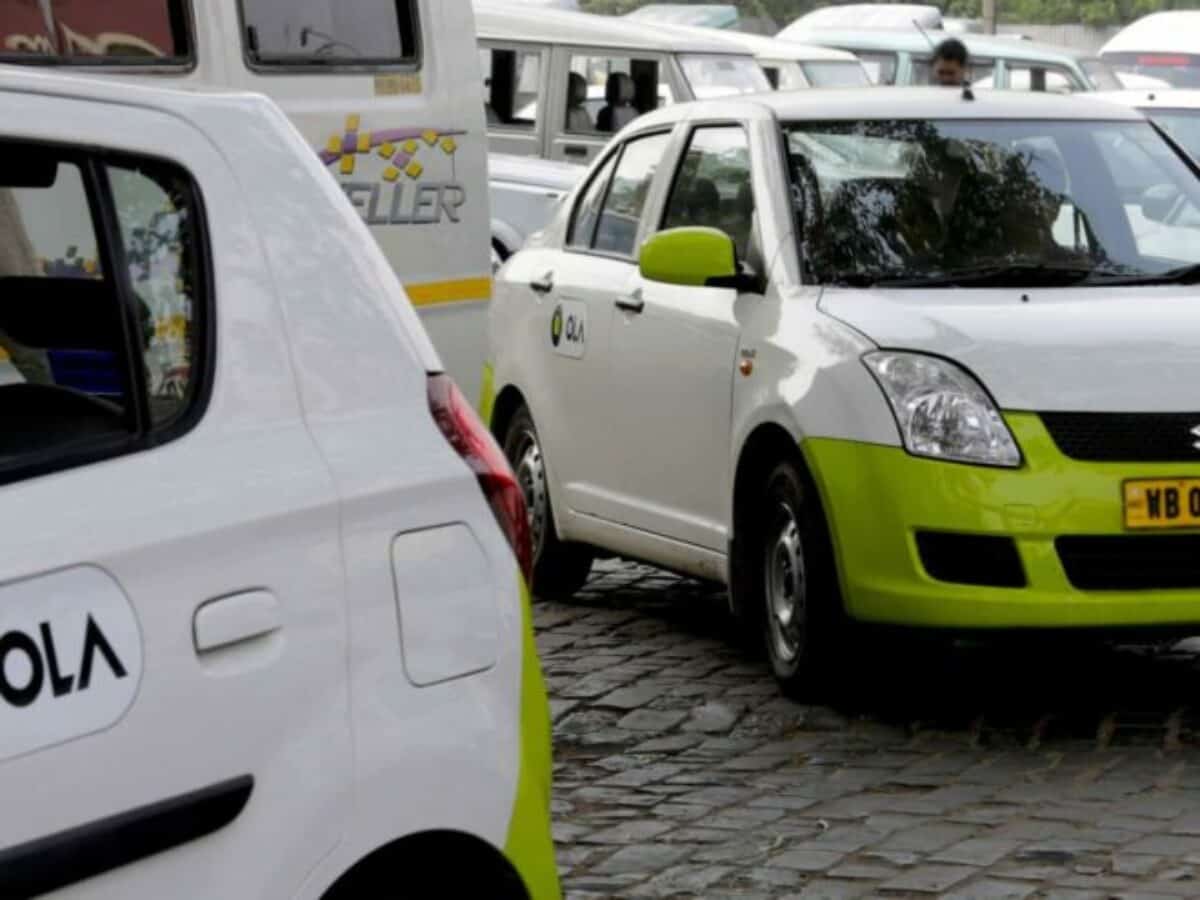In a noteworthy legal development, the Karnataka High Court has stayed its earlier order that mandated Ola to pay Rs 5 lakh to a woman who alleged sexual harassment by an Ola driver. This ruling not only provides temporary relief to the ride-hailing giant but also reignites critical discussions about the legal status of gig economy workers under the Prevention of Sexual Harassment (POSH) Act.
Background of the Case: An Alarming Incident
The controversy began in August 2018 when a woman accused her Ola driver of inappropriate behavior during a ride. The driver reportedly stared at her through the rearview mirror while displaying explicit content on his phone, making it visible to her. Disturbed by this behavior, the woman sought justice through legal channels, demanding compensation for the distress caused.
On September 30, 2024, the Karnataka High Court ruled in favor of the woman, ordering Ola to pay a total of Rs 5.5 lakh, which included Rs 5 lakh for damages and Rs 50,000 for legal expenses. The court’s decision hinged on the interpretation that Ola drivers could be considered employees under the POSH Act, thereby making the company liable for the actions of its drivers.
Ola’s Argument: The Case for Independent Contractors
In response to the ruling, Ola’s legal team contended that its drivers operate as independent contractors and are not classified as employees under the POSH Act. The company argued that it functions merely as a platform connecting drivers with customers, asserting that it bears no direct responsibility for the actions of individual drivers. Furthermore, Ola highlighted its safety measures, including tracking features and emergency contacts, aimed at protecting passengers.
This defense introduces vital questions about the accountability of gig economy platforms for the actions of their drivers. A successful argument for Ola could potentially set a precedent for other companies in the gig sector, limiting their liability in similar harassment cases.
Legal Ramifications: The Need for Clarity on Worker Classification
The essential issue at stake is whether gig economy workers, such as Ola drivers, should be recognized as employees under the POSH Act. Initially designed to protect individuals in conventional workplaces, the act’s applicability to gig workers is increasingly coming into focus.
Should the court ultimately decide that Ola drivers are employees, it would likely compel gig companies to adopt stricter policies regarding harassment and ensure better protections for passengers, marking a pivotal shift in the industry’s operational standards.
The Significance of the Stay: A Temporary Relief with Long-Term Implications
The Karnataka High Court’s stay on the compensation order, issued on October 4, 2024, underscores the need for a thorough reevaluation of the legal status of gig workers and the responsibilities of companies like Ola. This decision allows for a deeper exploration of the implications of the initial ruling while emphasizing the evolving nature of gig work in the modern economy.
Awaiting a Defining Ruling on Worker Rights
As legal discussions continue, the Karnataka High Court’s stay on the compensation order serves as a crucial moment in the ongoing debate regarding gig worker rights and responsibilities in the digital age. The eventual outcome of this case could establish a vital precedent, influencing the legal landscape for both gig workers and the platforms they work for.






